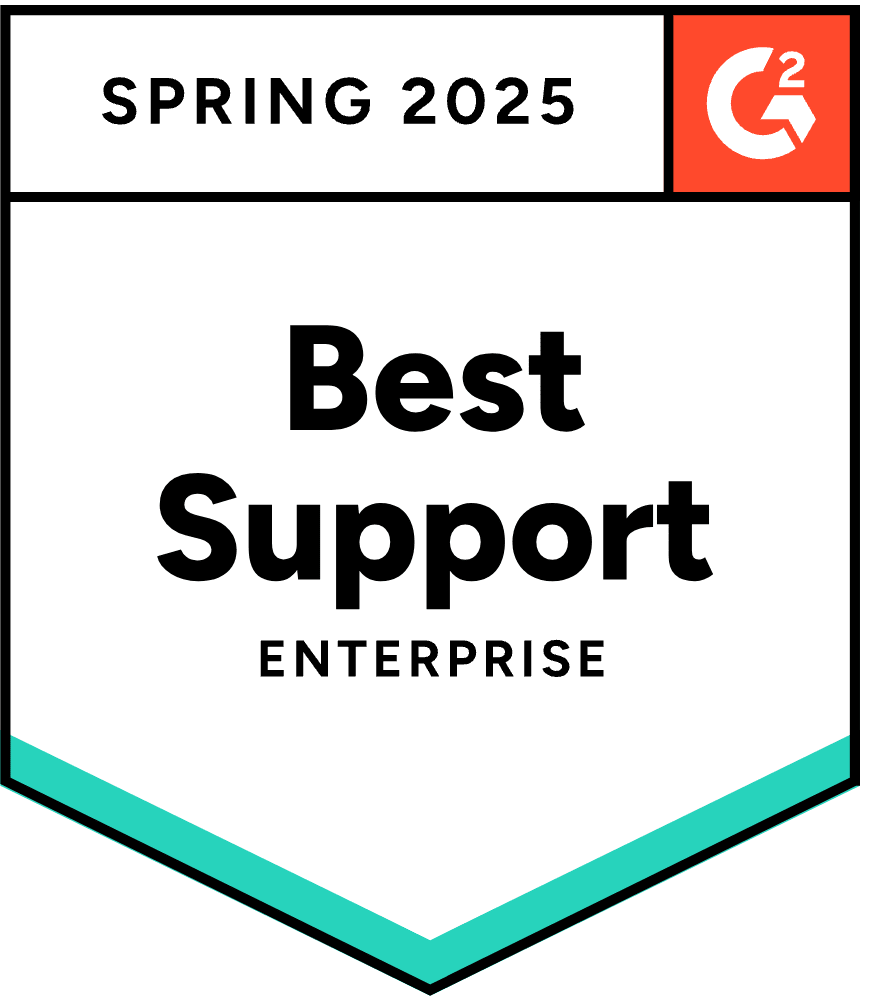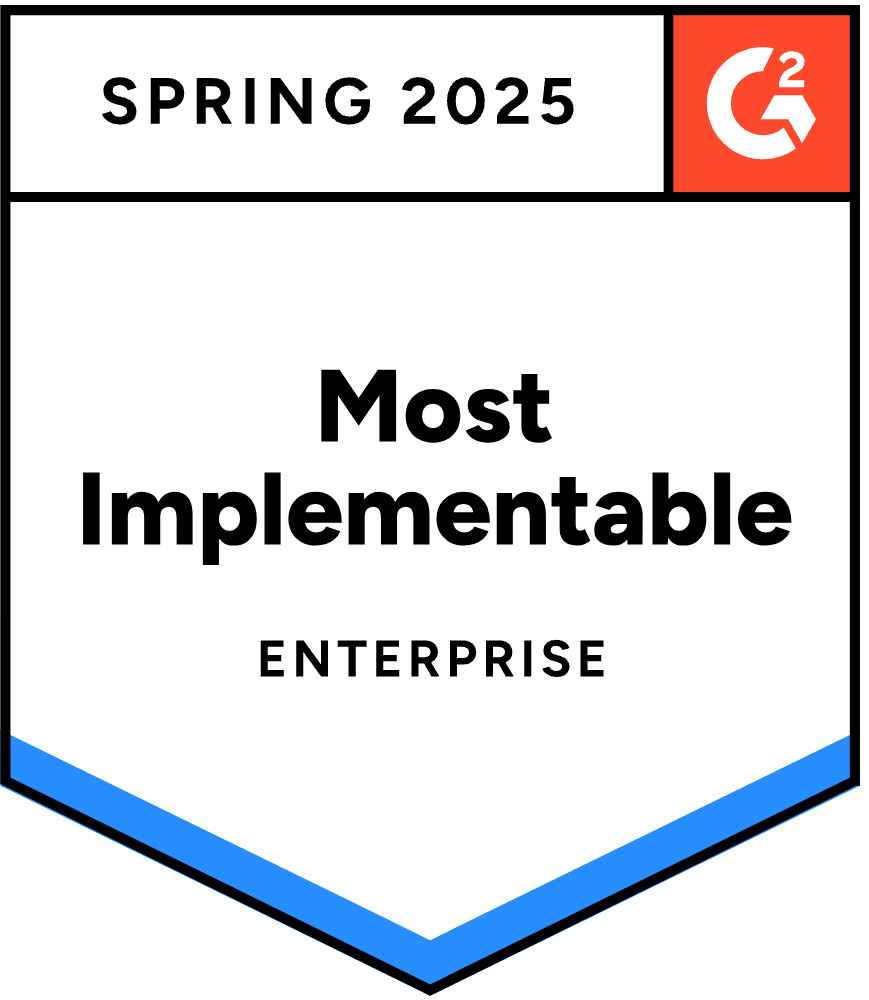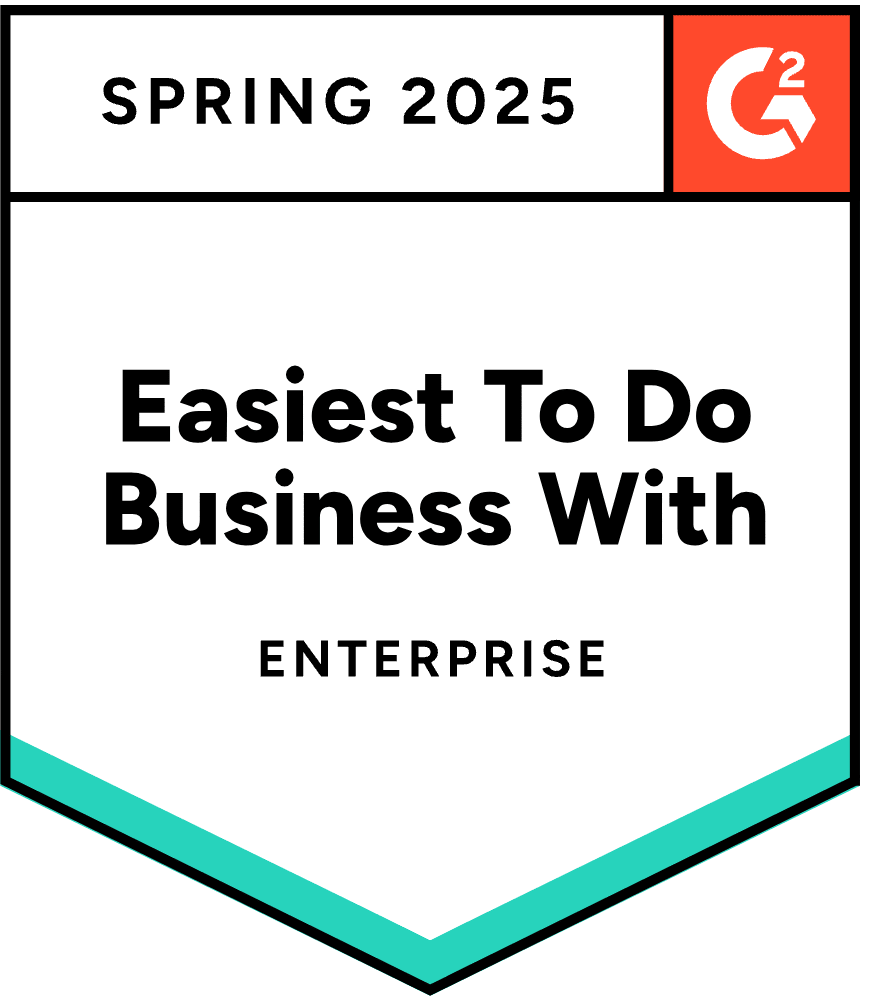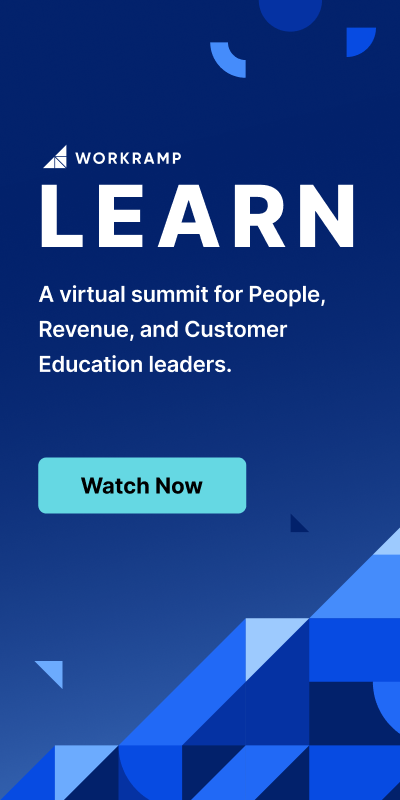Annie Pearl, WorkRamp Board Member and CPO at Calendly, on Making it to the Top as a Product Executive
WorkRamp Contributor
Learning Tips Straight to Your Inbox
Today, we’re thrilled to welcome Annie Pearl, Chief Product Officer at Calendly, to the Board of Directors at WorkRamp. Annie has a rare knack for building and scaling product teams in both the B2B and consumer space–and hails from an impressive list of enterprises including Box, Glassdoor, and now Calendly. She loves working on complex challenges, ranging from growing consumer traffic and deepening engagement, to unlocking new verticals, and monetizing products to move up and downstream.
And she does it all with ease by leveraging “the power of focus–identifying who your target market is and solving their problem better than anyone else can.” She approaches career growth in the same way, with targeted focus, solid prep, and out-of-the-box thinking.
We recently hosted Annie for an internal fireside chat at WorkRamp to discuss her top 7 success tips for the modern career woman.
In this post:
Let’s normalize the imposter syndrome
As the chips get more stacked and pressure gets higher, imposter syndrome only becomes more real. As women and men rise through the ranks, imposter syndrome is front-and-center, and we have to find creative ways to combat it.
Make the mental shift – you’ve made it.
Early in my career, I would use the mantra “fake it ‘till you make it” to help me get comfortable taking on challenges I’d never faced before. What I’ve come to realize over time is that when you think you’re “faking it,” you’ve actually already made it. The reality is that when someone’s asked you to do a job, and you’re already sitting at the table where these decisions are being made, you’ve already made
it. Of course, there will always be gaps–you’ll have to grow and you may have to develop new skills to help you accomplish what you need to do. But there’s no faking it because you already have what it takes to be successful.
Imposter syndrome is tough because it never really goes away–and only magnifies as you get more senior in your career. I’ve been a part of executive conversations where we’ve gone around the room and had folks raise their hand if they are currently facing some version of imposter syndrome and everyone did. We should normalize imposter syndrome–it’s just a natural part of trying new things. This doesn’t mean you’ll always be great at day one, but that you deserve this opportunity to face a new challenge. You deserve to be here.
I have a tactical tip that has helped me when I take on new challenges I’ve never seen before; I’ve been making a running list of the times in my car
eer when I’ve been asked to do something that I had no idea how to do–or times I felt like I was in over my head. My list tells me that I’ve already accomplished a ton of things at the time I didn’t know how to do. Remember when you’d never been CPO before and then were? Remember when you’d never talked in front of thousands of people and then had to? Remember when you’d never done this or that–but with each experience, you ramped, learned and succeeded?
Don’t ever underestimate the people who ask you to take on new challenges. They’re trusting you to do the job, and often empowering you, because they know you can do it. You might not feel fully ready for the job, but people around you often see more in you and your capabilities than you see in yourself.
You are your biggest advocate
No one will be a stronger advocate for you than yourself, and I’ve definitely grown the most when I’ve asked for things. During my time at Glassdoor, I owned an area of the product that we were starting to double down as an investment at the company level. I went to the CEO and voiced that this should be spun up as a formal business unit; I saw this play out at Box, where a sizable investment opportunity like this needed an entire cross-functional team with dedicated product, sales, marketing and customer success support.
That part was actually easy. The next part was figuring out who should run this business unit. We sat around the table and threw names out for 30 minutes, until I finally raised my hand and said I wanted to run this business. It wasn’t that the team didn’t think I could do it or that I was unqualified. I just had to raise my hand and make it very clear that I wanted it.
You have to advocate for yourself, not necessarily because others are overlooking you, but because they might not know that you’re interested, have the skill sets that can be leveraged, or want to dedicate yourself to growing in this area. Speak up and advocate for your growth.
Build your own “personal board of directors”
Mentorship is a great tool for professional growth, but I’ve found it even more impactful to take it one step further and build your own personal board of directors. This is basically a collection of different people who can offer you a unique perspective when making career decisions; for me I have a mix of investors, operators, former managers, direct reports and professors. You don’t need to narrowly focus on getting advice from folks who are in your space or in your line of work; I’ve actually found it more beneficial to think more broadly about who you collect advice from.
For example, when I was leaving Box, a B2B enterprise SaaS company, to Glassdoor, which is largely a consumer product, a good chunk of my network was confused about my move. There were a lot more obvious companies in B2B SaaS that I could slot into. At the end of the day, my personal board helped me understand that it’s not about perfectly fitting into the next step of your career – it’s finding the opportunities for growth, exposure to different concepts and business models, and new skills I think I could acquire. I found this vetting process fascinating, although for the folks in my core day-to-day, this probably seemed like a non-obvious decision. But ultimately, I’ve become more successful because I chose to listen to a diversity of opinions on my board, expand my breadth of experience, and find better ways to unlock my career growth.
Ditch the formalities in mentorship
At work, we put this unnecessary formality around mentorships, where you have to build a formal relationship between someone who is far more senior than you, often in a different part of the organization. This puts a lot of pressure on forming this formal relationship, whereas the best mentorships can actually happen more organically throughout your career.
For example, you might be working with other executives on cross-functional projects–and it can be a great opportunity to get an extra 10 minutes after the meeting or schedule a quick coffee break to pick their brain on the project. By focusing on the project first, you might find a mentorship relationship evolves more organically. These can lead to some of the most impactful mentor relationships in your career, and I’ve found that these people have become my biggest advocates when going through a promotion. Getting the exposure to these executives through my daily work and finding opportunities to build deeper relationships in the lens of work has been key.
An amazing manager can unlock your career
Another great career accelerator is finding an amazing manager who recognizes your core skills and can give you the opportunities to grow and prove yourself. At Box, I had a fantastic manager who really believed in me and enabled me to run a pretty strategic company initiative that, quite frankly, I didn’t think I had the slightest idea or the authority to lead. But he believed in my ability to lead this initiative, helped guide me through it, and allowed me to demonstrate leadership and run an area that wasn’t part of my job description. This unlocked a huge opportunity that propelled my career growth at Box, and also exposed me to leadership opportunities that I’ve since taken to other organizations.
Often, you don’t have the power over who your manager is today, but you’ll always have the power over who becomes your manager tomorrow. You have the ability to guide your career progression by choosing who to go work for. When you’re looking to move in an organization or leave all together, you should really evaluate your to-be manager far more so than the company itself, because this will ultimately impact your on-the-job happiness and career growth. Managers will provide you with growth opportunities that you might be a little stretched for, but will be there to support you to get there. These can be the biggest unlocks in your career – to find a manager who will fight for your seat at the table, push you to grow, and stretch you into new roles.
Motherhood is a competitive advantage
I have a 1.5 year old–and this has been one of the best things for my career. Being a mother forces me to ruthlessly prioritize, focus on delivering meaningful outputs, and just appreciate work. I love the ability to have both–the time with my child and also get my career cup filled. I love the time with my son on the weekends and also really look forward to Monday mornings, and it makes me happy that I have the opportunity to stretch my brain in different ways. I’m even more impactful in my role than I was prior to having kids.
I used to think that it was my competitive advantage that I could work all night and weekends. I could put in the hours, and I never had to say, “No, I can’t make that meeting because I have to go pickup my kids.” But I came to realize that after having a child, I’m actually even more effective in my role – because I’m always thinking about how to best prioritize my time, the group time, and other people’s time. I found ways to get m
ore done in less time, because you often only have an hour to finish your board deck while your kid’s napping on a Saturday.
In fact, at Glassdoor, I was promoted to the CPO role while I was on maternity leave. My CEO was not worried about my ability to be successful while juggling motherhood. I had a similar experience while finding the Calendly role; I had a kid, but I was able to find a way to go through the interview process and ultimately land the position. If you choose to have a kid, it can really be a great thing for your career–and motherhood doesn’t have to be what holds you back.
Gender Inequities in the Workplace
To caveat – I got to a place in my career where I was more established and had a level of seniority. I went on maternity leave without thinking “what does this mean for my career”. I had the right communications channels set up, and developed a strategy for how to keep the train on the tracks while I was gone. But I know this isn’t always the case, and women often have to make difficult trade-offs.
There are real challenges women face when they leave the workforce temporarily, especially given the wonderful extended parental leave offered by a lot of tech companies. You’re able to take up to 6 months off to spend time with your newborn–only to be pregnant the second time and take another 6 months off in the span of 2-3 years. Now you’ve taken a year out of the workforce, whereas your male counterparts have taken less leave and significantly grown in their careers during that time. Especially when you’re in your mid-twenties, where you’re neither junior nor part of the senior leadership, this can be a really critical time for career growth.
These are the important conversations we need to be having. Inequities happen between men and women in the workforce, and not taking the same amount of parental leave is one of the key factors. If you’re early in your career, a whole year out of the workforce can impact your ability to get promoted quickly or find long-term growth opportunities. Women make real sacrifices when it comes to motherhood, and we need to address these issues so that we’re not creating a glass ceiling and dictating when and how someone should enter motherhood.
Making an Impact at WorkRamp
At the end of the day, it’s all about impact–I wanted to find an interesting problem space and an opportunity that was building products that are solving problems better than anyone else today. I wanted to be surrounded by people I felt excited to work with, learn from, and have tons of potential.
We’re excited to bring Annie Pearl onboard and leverage her unique experiences to help build the best all-in-one learning platform for customers, partners, and employees. To learn more about the announcement, see our latest press release.
Complete the form for a custom demo.
Recent Posts
- Top LMS Integrations That Power Smarter, Faster Learning July 2, 2025
- Introducing WorkRamp Analytics Studio: Unlocking Your Data Insights with AI June 30, 2025
- 11 AI LMS for AI-Powered Learning June 27, 2025
- The Best LMS Platforms for Customer Retention (2025 Guide) June 27, 2025
- 11 Best AI Learning Platforms June 16, 2025
WorkRamp Contributor
You might also like
#WomenLEAD – Lessons on Remote Work with Asana, Zoom, Reddit, and More
This month, female leaders in Revenue Enablement, Customer Education, and L&D share the most impactful lessons of remote work.
Read More
WorkRamp Awarded Top-Rated LMS Solution for 2021 by The Blueprint
WorkRamp has been named the 2021 Top LMS Solution for customers, partners, and employees by The Blueprint, a Motley Fool service.
Read More
WorkRamp Expands Executive Team Amidst Rapid Customer Growth
Rocky Paap joins the enterprise learning platform as VP of Revenue as the company moves into its next phase of growth across customer, revenue, and market segments.
Read More
Interested in elevating the learner experience?
Get in touch to learn how WorkRamp can help you achieve your training goals.
Request a Demo




